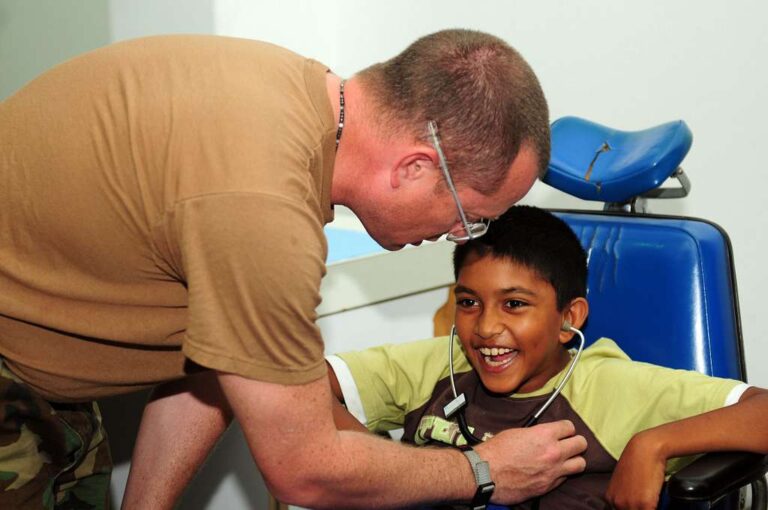Why Pediatricians Are Crucial for Managing Childhood Illnesses and Injuries

When a child falls ill or gets injured, it can be an overwhelming experience for any parent. From high fevers to unexpected bumps and bruises, knowing how to respond and who to turn to makes all the difference. Specializing in children’s health, pediatricians are trained to diagnose, treat, and guide families through the unique challenges of childhood illnesses and injuries. Let’s explore why pediatricians play such a significant role in keeping kids healthy.
Preventive Care
Pediatricians emphasize preventive care measures, including regular health screenings, immunizations, and anticipatory guidance. By promoting healthy behaviors and lifestyles, they help prevent childhood illnesses and promote overall pediatric wellness. Regular well-child visits form the foundation of preventive pediatric health.
During these appointments, pediatricians track growth patterns, assess developmental milestones, and screen for potential health issues. They measure height, weight, and head circumference to make sure children are growing appropriately. They also evaluate motor skills, language development, and social interactions to identify any developmental delays early.
Immunizations are another fundamental aspect of preventive care. Pediatricians follow established vaccination schedules to protect children from serious diseases, such as measles, polio, and whooping cough. They also educate parents about vaccine safety and address concerns about immunization timing.
Management of Illnesses
When children do become ill or injured, pediatricians possess specialized knowledge about how medical conditions affect young patients. They understand appropriate medication dosages based on age and weight, and recognize symptoms that may indicate serious complications. They also know when to refer patients to specialists.
Pediatricians also understand the psychological aspects of childhood illness and injury. They know how to communicate with children at different developmental stages and can help reduce anxiety during medical procedures. Many pediatric clinics create child-friendly environments with colorful decorations, toys, and activities that help young patients feel comfortable during visits.
Promotion of Healthy Behaviors
Kids’ health specialists play a fundamental role in promoting healthy behaviors that support long-term wellness. They provide guidance on nutrition, physical activity, sleep habits, and safety measures that help children develop healthy lifestyle patterns. Nutritional guidance is another key component of pediatric wellness promotion.
Pediatricians help parents understand appropriate feeding schedules for infants, introduce solid foods safely, and address picky eating behaviors in toddlers. They also provide guidance on maintaining a healthy weight as children grow and develop. This nutritional counseling helps establish healthy eating habits that can last a lifetime. Safety education forms another key aspect of health promotion in pediatric care. Pediatricians discuss age-appropriate safety measures like car seat installation, childproofing homes, and preventing falls or injuries.
Book Your Pediatrician Appointment Today
Pediatricians provide comprehensive care that addresses the unique needs of children from infancy through adolescence. Their specialized training in pediatric medicine, combined with their focus on preventive care and health promotion, makes them key partners in maintaining your child’s health and wellness. The expertise of a pediatric care provider extends beyond treating illness to include developmental assessment, preventive care, and family education. Schedule an appointment with a qualified pediatrician to discuss your child’s health needs and establish a relationship for professional guidance.
- What to Expect When Visiting a Foot and Ankle Specialist
- Causes of PTSD
- The Link Between Plantar Fasciitis and Weight Gain: What You Need to Know
- How Pet Ownership Can Positively Impact Life with Fibromyalgia
- The Importance of Stretching and Flexibility in Sports Medicine
Dr. Emma Green is a health and wellness expert with over 10 years of experience in nutrition and fitness. Passionate about helping others live their healthiest lives, Dr. Green shares practical advice on wellness, nutrition, and sustainable living through LivingSpristine.






